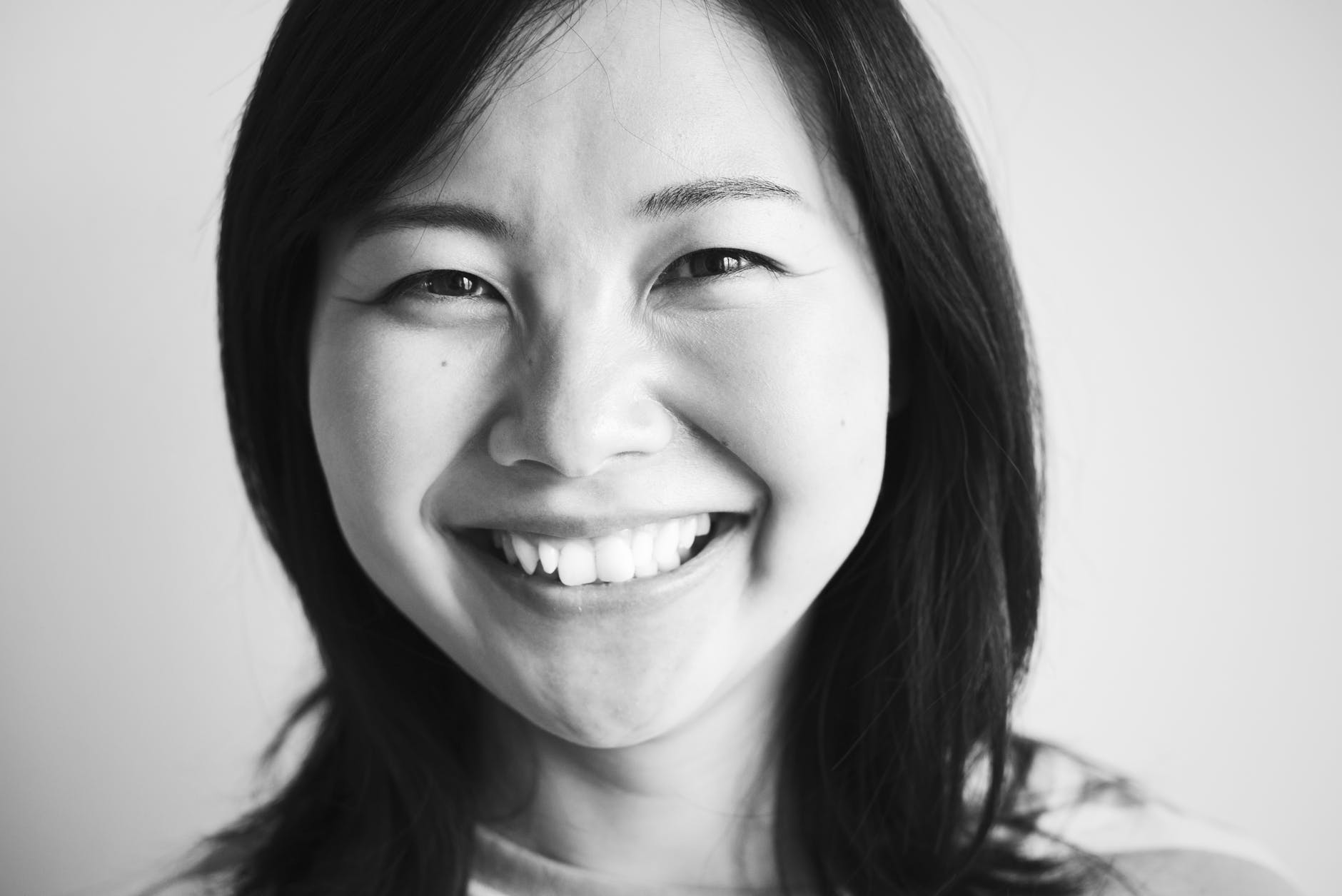Yellow is a beautiful, vibrant color. Think of the sun or sunflowers. Daffodils in the Spring.
What you don’t want to associate yellow with is your teeth. Yellowing can develop with age as your enamel wears down, but also can result in certain foods or drinks. Red wine, coffee and black tea can cause stains as well as colas or sports drinks. Sugars and simple carbohydrates can cause bacteria and discolor teeth.
The use of tobacco can also cause discoloration.
If you think your teeth are more yellow than you want there are some things you can do.
- Cut back on your coffee, tea or wine drinking as well as your smoking.
- Drink with a straw. This keeps liquids away from your teeth.
- Improve your dental hygiene by brushing, flossing, and rinsing with mouthwash every day.
- Have your teeth cleaned every 6 months by your dental hygienist.
By doing these steps you can help reduce the stains you have now. Call our office, Brogdon Dental PC, to set up your cleaning and discuss ways to help keep your teeth looking as good as possible.




